Is Mental Health a Scapegoat for Mass Violence?
Experts explain what the statistics point to as the underlying cause of mass violence.


Experts explain what the statistics point to as the underlying cause of mass violence.

Dr. Patti Feuereisen explains how to support victims of sexual abuse and why starting the conversation is necessary.

A new questionnaire can determine the risk of car accidents in elderly drivers. Then, industrialization is bad for breast milk. Then, does spanking increase the likelihood of experiencing physical abuse? And finally, can scientists use plants to study psychiatric disorders?
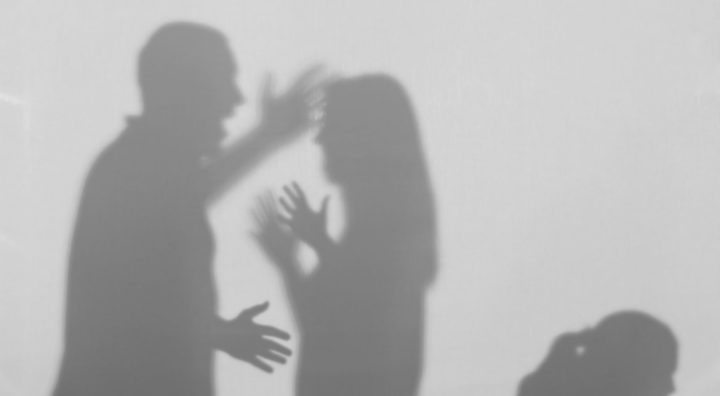
While stay-at-home orders were great for slowing the spread of Covid, they essentially trapped victims with their abusers. As numbers of domestic violence reports rose, women’s shelters were overwhelmed with people in need of safe housing.
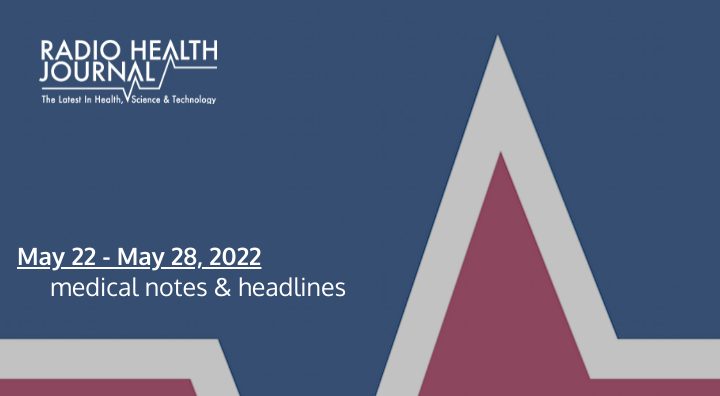
Smartwatches can now track your Covid symptoms. Guns are now the leading cause of death among adolescents. And more medical headlines.

This week on RHJ - two medical experts who specialize in studying and uncovering child abuse discuss the contradicting evidence of how the pandemic affected rates of child maltreatment.
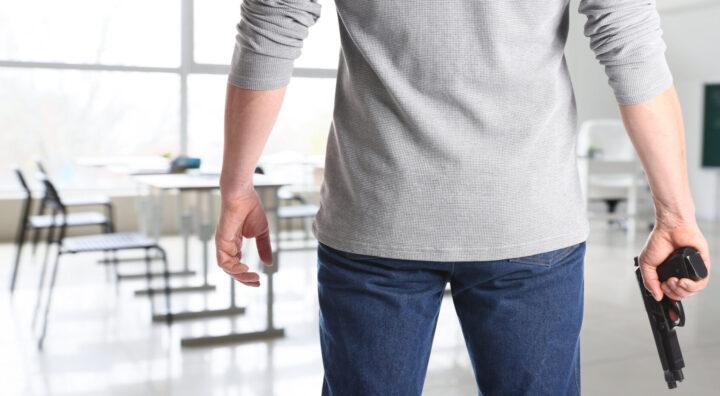
Even as many students switched to virtual learning, school shootings didn’t stop. One recent school shooter used his parents’ gun, and now they are facing charges for their role in the incident. Experts discuss how the accountability of mass shootings doesn’t always just fall on the shooter.

Water from private wells could be harming your children. What doesn’t kill you makes you stronger, except maybe not for people who’ve experienced multiple major disasters. And finally, scientists are one step closer in their search for how to regrow lost limbs.
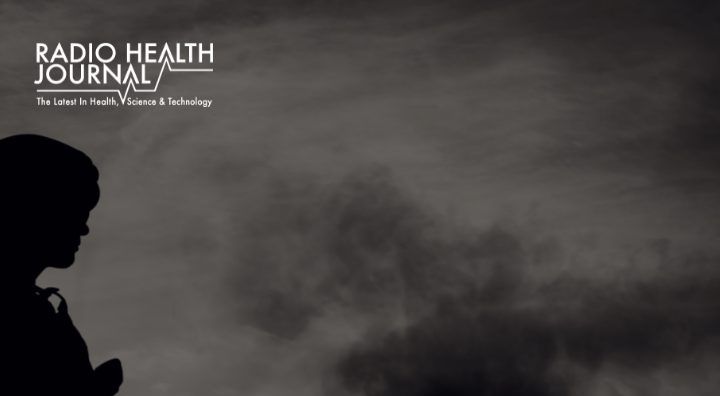
According to the Geneva Convention and other agreements, health facilities and workers are supposed to be protected from the violence of war. However, they’re targeted much more often than most people know. A noted expert in the field discusses how this violence happens, its consequences, and how international organizations may be able to turn this trend …
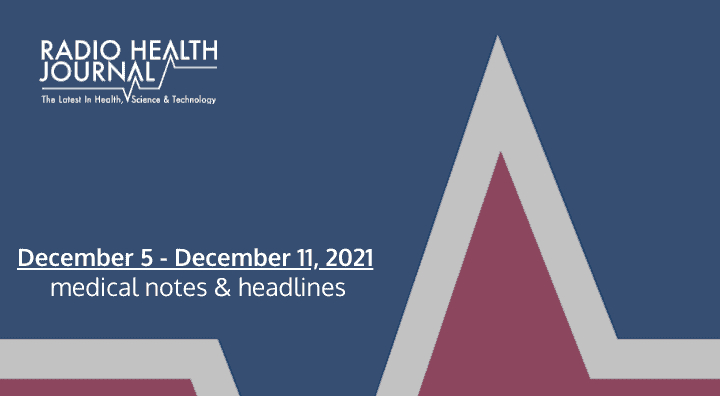
Research shows Black women have a higher risk of triple-negative breast cancers than previously known—nearly triple the risk of white women. Plus, online dating violence begins as early as age 12. And finally, science proves that when you’re nice to others, they’re more likely to be nice to you.
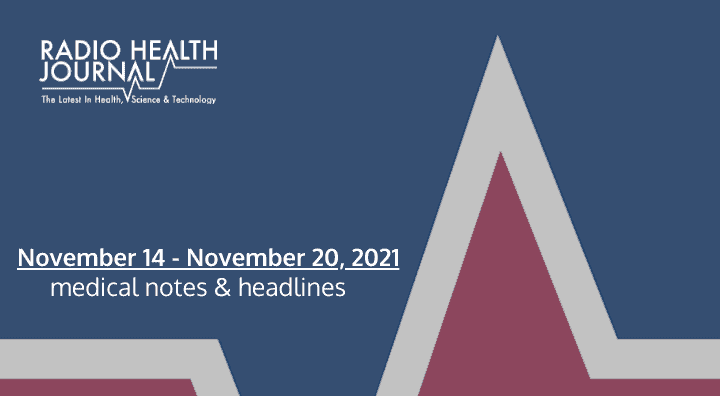
Major surgery such as a heart bypass may increase the risk of dementia. Then, a study finds that gun violence is up by 30% since the start of the pandemic. Also, could the anxiety of being heard by someone else play a role in stuttering? And finally, research says about half of pregnancies in the United States are unintended.
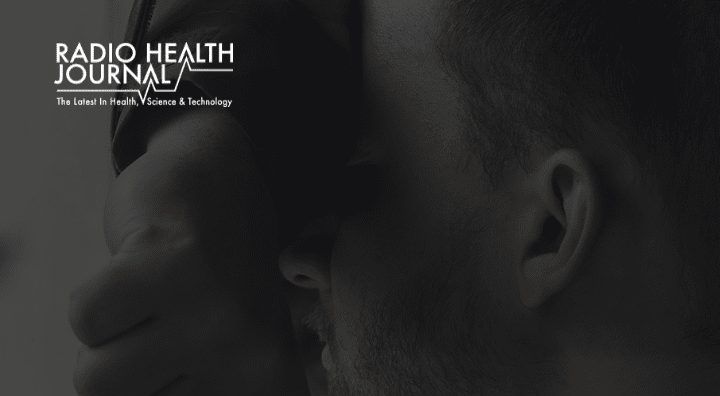
Among active duty and veterans of the War on Terror, suicides have claimed four times more lives than combat since 9-11, according to a recent study. The study’s author discusses why the toll is higher than for previous conflicts, and he and another expert in tragedy recovery discuss what the military, VA, and loved ones can do to prevent suicide.
Subscribe to get the latest from Radio Health Journal directly in your inbox.

